Every city has a charm, a quirk, an aura of its own. It plays a vital part in the lives of those who inhabit it and grow with it. This indelible mark of a city on the lives within it hasn’t escaped the attention of cinema. Many filmmakers have tried to capture the essence and the soul of iconic cities in their works, giving them a life and screen presence of their own. And as there is with everything, there is a dark, disturbing and wretched side to urbanisation as well, which has also been captured by filmmakers with equal verve and vigour. Good, bad or ugly, it is undeniable that a city can be an influential presence in cinema. This list honours the best of such odes in which the cities spring to life. Here is the list of top movies where city plays an important character. You can watch some of these movies about cities on Netflix or Amazon Prime or Hulu.
10. Hiroshima Mon Amour (Hiroshima)
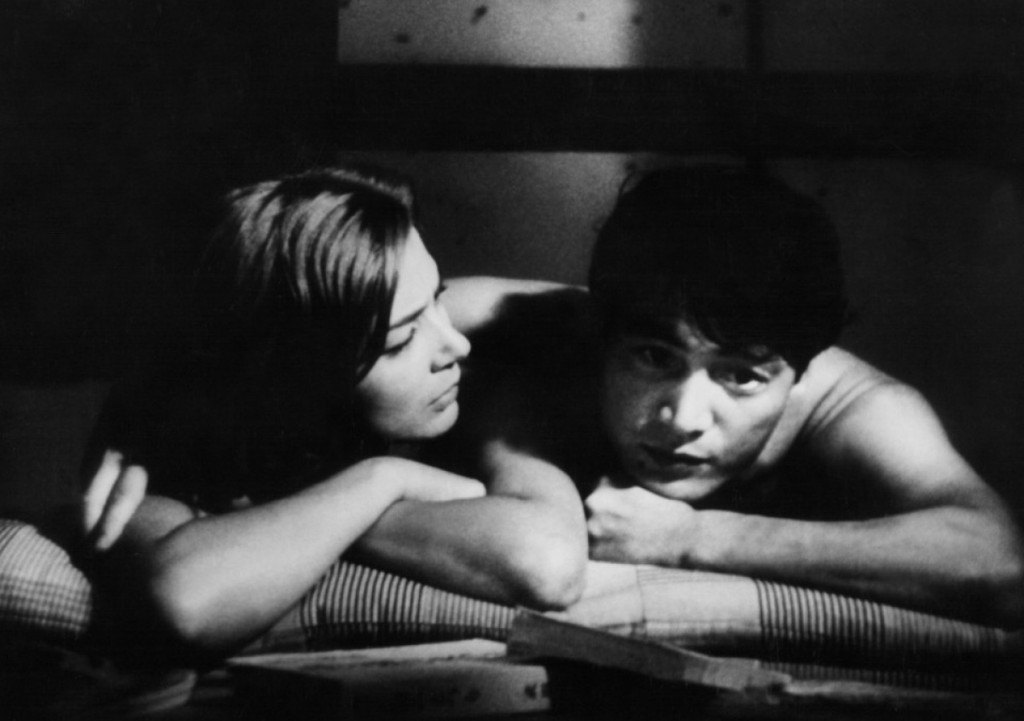
This 1959 French film by Alain Resnais pictures two separating lovers – A French actress and a Japanese architect – having a conversation about fleeting memories and the impact of war in the aftermath of the Hiroshima bombing; The film alternates between the reality and brief flashbacks (which depict sudden flashes of memories) to her haunting childhood in another city, Nevers in France. As She walks around the city,
Resnais strings the story of her past and the present together with the harrowing image of Hiroshima, the sadness of the place and grief of the people making past memories come crashing back. The people in Hiroshima describe it more than its landmarks. Right from the get-go, which features a filled hospital and an empty museum describing the horrors of the bombing, a poetically broken screenplay describes the torment of love and loss through the city’s ashen remains and its people’s undying resolve, leaving an ineffaceable mark.
Read More: Best Motivational Movies of All Time
9. Salaam Bombay! (Mumbai)
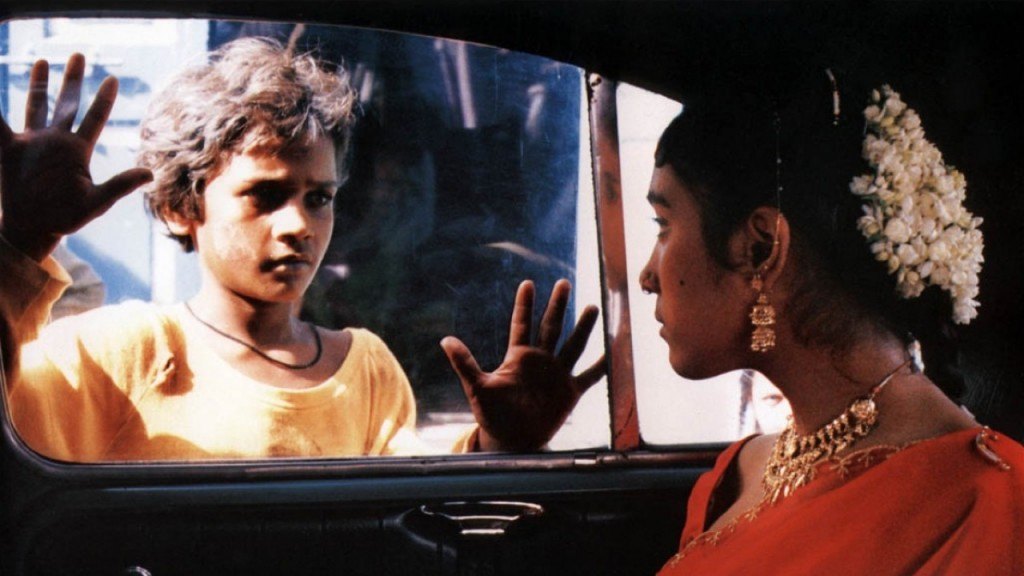
There is a myriad of quality cinema which attempts to encapsulate the multi-faceted intrigue of “The City of Dreams” on celluloid. Films like “Satya” and “Parinda” depict the underbelly and the underworld of the city, “Chandni Bar” tells the tale of the once-ubiquitous-but-now-obscure Bombay dance bar and “Life… In A Metro” shows the intertwining loves and lives of its residents.
But if any film comes the closest to perfection in capturing the ethos of Mumbai and blending it into the narrative, it is Mira Nair’s 1988 classic about little Krishna aka Chaipau who takes a train to Bombay to earn 500 rupees for his mother, but ends up living on the squalid streets. The film shows Mumbai with zero filters, showing half-dressed ruffians, drug peddlers and brothels, alongside Ganesh visarjans and sky-high buildings. As saddening as it is realistic, ‘Salaam Bombay!’ paints Mumbai in its naked glory as it stands sentinel to a kid etching an existence within it.
Read More: Best Movies About Mental Illness
8. Chungking Express (Hong Kong)
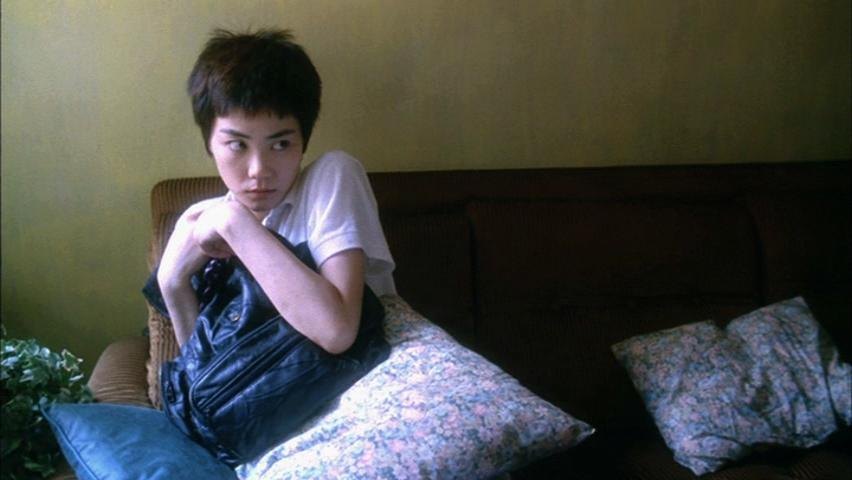
Wong-Kar-Wai’s ‘Chungking Express’ tells back-to-back stories of two policemen mulling over their past relationships and present muses. The title refers to the Chungking Mansions in Tsim Sha Tsui, where much of the first part of the movie is set and the Midnight Express snack bar where Faye, the second policeman’s love interest, works. The choice of both the locations by Wong-Kar had its own significance in portraying Hong Kong’s spirit.
As he himself explains, “Chungking Mansion is famous for its 200 lodgings, it is a mix of different cultures. It is also a permanent hotspot for the cops in HK because of the illegal traffic that takes place there. That mass-populated and hyperactive place is a great metaphor for the town herself. As for the snack bar. It interested me that nobody had made a movie there and it would thus be immortalised as the spot where Cop 663 and Faye met.” This blend of a renowned hub with an obscure hangout, with his stylised, rich rendition make Hong Kong come alive in ‘Chungking Express’ as it never has.
Read More: Best Plot Twist Movies of All Time
7. Before Sunrise (Vienna)
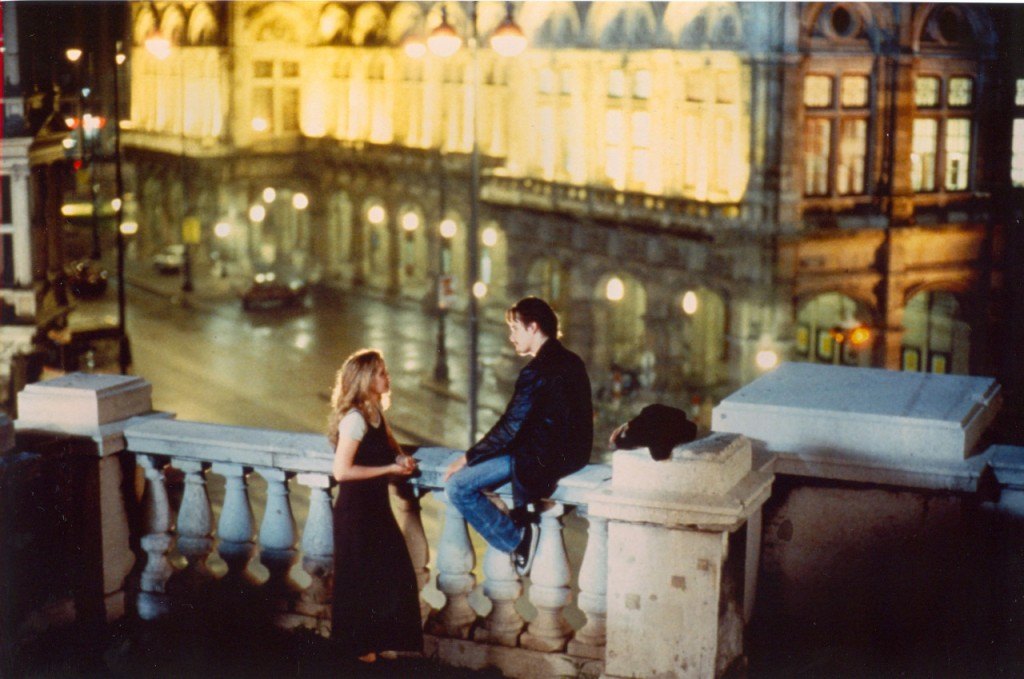
Our love for the ‘Before’ Trilogy isn’t hidden from anyone, and one of the many reasons the films form an intimate bond with the viewer is their use of surroundings to depict a mood. And the first installment of the trilogy, set in Vienna, is a prime example of how a city acts as a companion character, always engaging the two leads and giving them something to discuss about.
The film, with its minimalistic plot, leaves a lot of room for nuances to be depicted and observed, about its two leads as well as the city of Vienna. Director Richard Linklater takes us everywhere; to the Wiener Riesenrad at sunset, Danube Canal at night and a traditional Viennese café as morning arrives, with numerous streets and sidewalks along the way. ‘Before Sunrise’ is as much about the pretty city of Vienna as it is about Jesse and Celine.
Read More: Best Detective Movies of All Time
6. Lost In Translation (Tokyo)
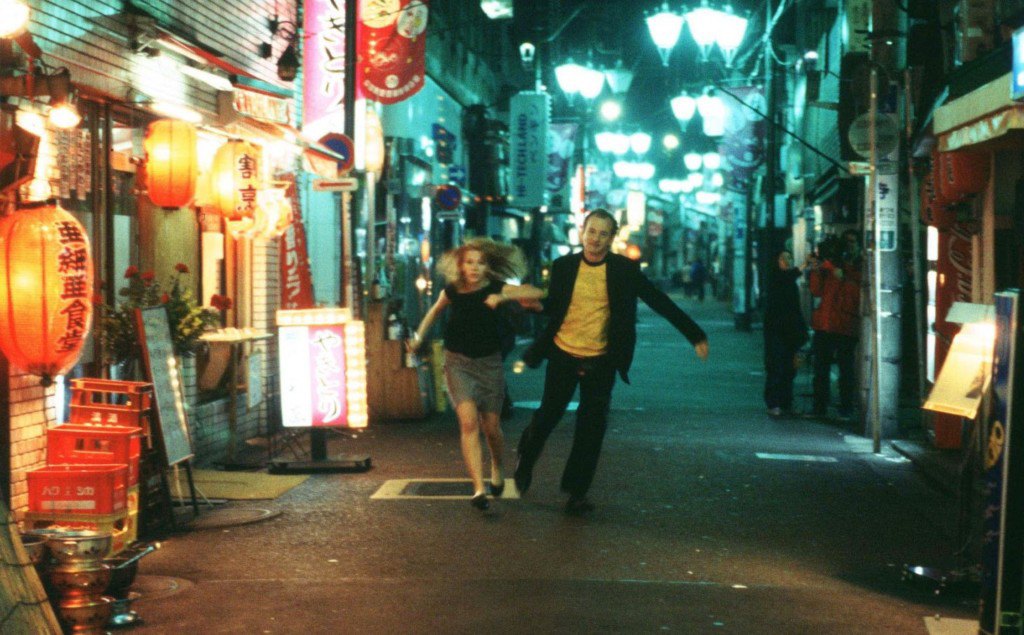
Sofia Coppola’s ‘Lost In Translation’ can be called a love story, almost. A reflection on the way alienating environments can throw unlikely people together and forge unexpected, intense relationships, it also is a humorously observant and coolly amused look at contemporary Tokyo (which sometimes borders towards the stereotypical though) and how a foreigner copes with it.
It can be contended that the film’s setting is an audiovisual metaphor for contrasts between the world view of the two focal characters, Bob and Charlotte. The calm ambience of the city’s hotel represents Bob’s desire to be secure and undisturbed, while the energetic atmosphere of the city streets represents Charlotte’s willingness to engage with the world. Coppola’s visual representation soaks in the bright neon lights of the city of Tokyo, interspersing them with dark tones, thus saying a thousand words about the clash of feelings and showing the city in a unique light.
Read More: Best Afterlife Movies of All Time
5. Chinatown (Los Angeles)
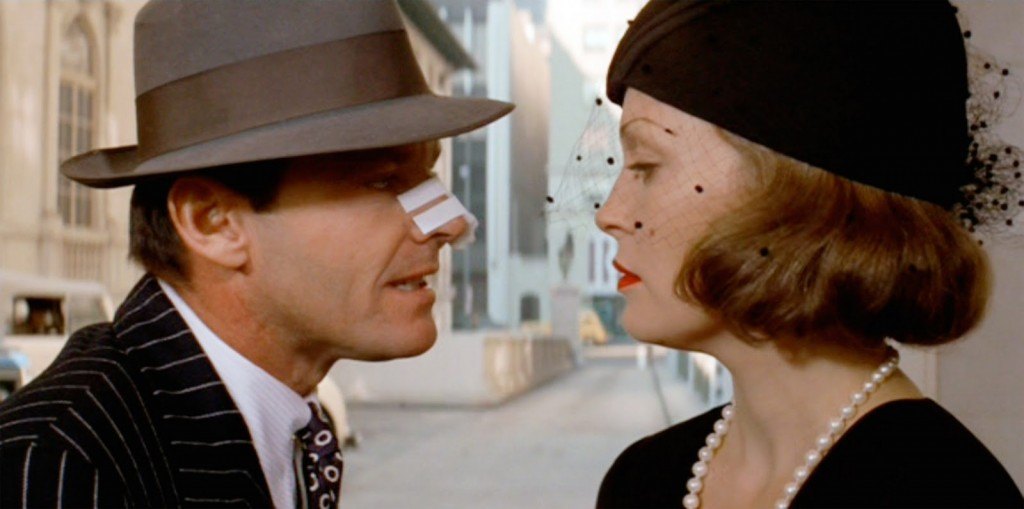
Los Angeles, the home of Hollywood, the city of angels. Naturally, many movies have captured the allure of Tinseltown, ‘Drive’, ‘L.A. Story’ and most recently ‘La La Land’ to name a few. But none of the above hold a candle to ‘Chinatown’, the 1974 neo-noir classic by Roman Polanski. In a horde of self-glorifying films about the Big Orange, ‘Chinatown’ ventures beyond the glitz and glamour into the dark alleys of crime and corruption, making it a more profound take on the city.
The film was inspired by the California Water Wars, a series of disputes over southern California water at the beginning of the 20th century, by which Los Angeles interests secured water rights in the Owens Valley. The story is told from the view of J.J. Gittes (aced by the insurmountable Jack Nicholsan), a private detective hired to expose an adulterer who finds himself caught up in a much bigger mystery. A unique feature of ‘Chinatown’ is that we witness all the events which transpire through Gittes’ viewpoints, including the deep secrets which LA harbours. Robert Towne’s screenplay is the stuff of legends and presents Los Angeles as a glittering cesspool of murder, incest and corrupt land deals, which creates a lasting impression.
Read More: Best Revenge Movies of All Time
4. Manhattan (New York City)
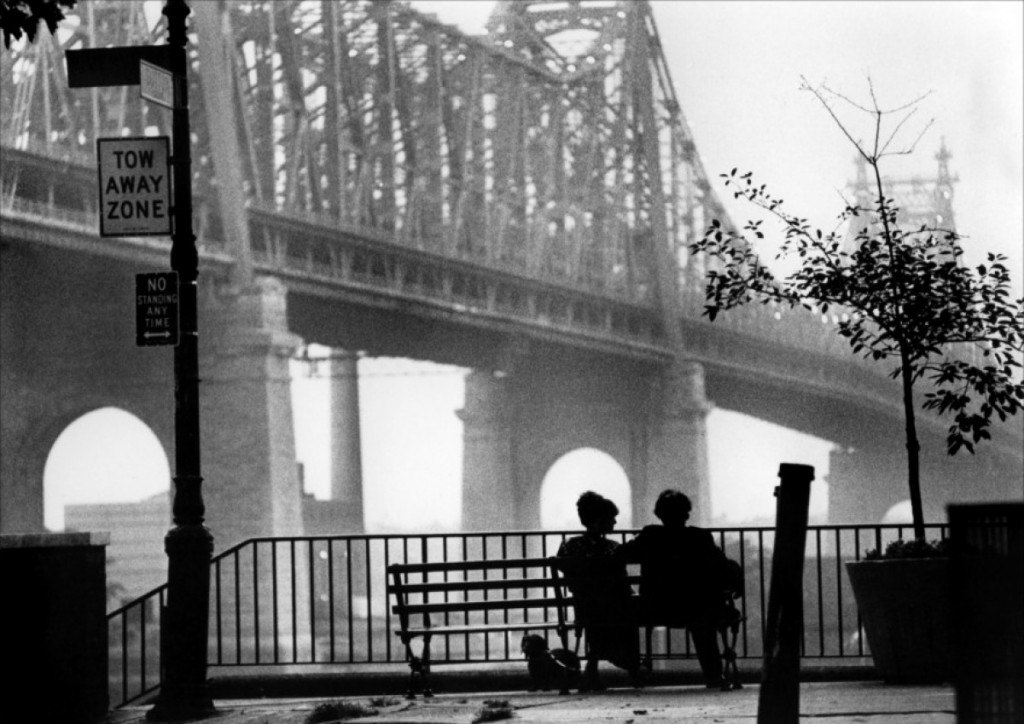
One belongs to New York instantly. One belongs to New York as much in five minutes as he does in five years.” – Tom Wolfe. Wood Allen is the master of breathing life into the cities he creates his cinema in, may it be Barcelona, Paris or Cairo. But Allen’s favourite muse is New York, where he belongs from and which has been the setting of some of his finest work. Amongst all of his odes to the Big Apple, nothing is as breathtaking an image of Manhattan as ‘Manhattan’ itself.
Right from the stunning opening shot, looking West across Central Park at dawn while Gershwin’s ”Rhapsody in Blue” (which was Allen’s inspiration for the film) plays in the background, making us feel transcendent. The locations feel like an anthology of Manhattan shrines. The characters sit on a park bench at dawn beneath a towering bridge, and ride a carriage through Central Park, and row boats in the lagoon. They go to art movies and concerts and eat Chinese food in bed and play racquetball, all of which is made all the more resplendent by the widescreen black and white cinematography and ingenious use of lighting by Gordon Willis. ‘Manhattan’ is as much about the love of the city as it is about the love between its characters.
Read More: Best Entrepreneur Movies of All Time
3. City Of God (Rio De Janeiro)
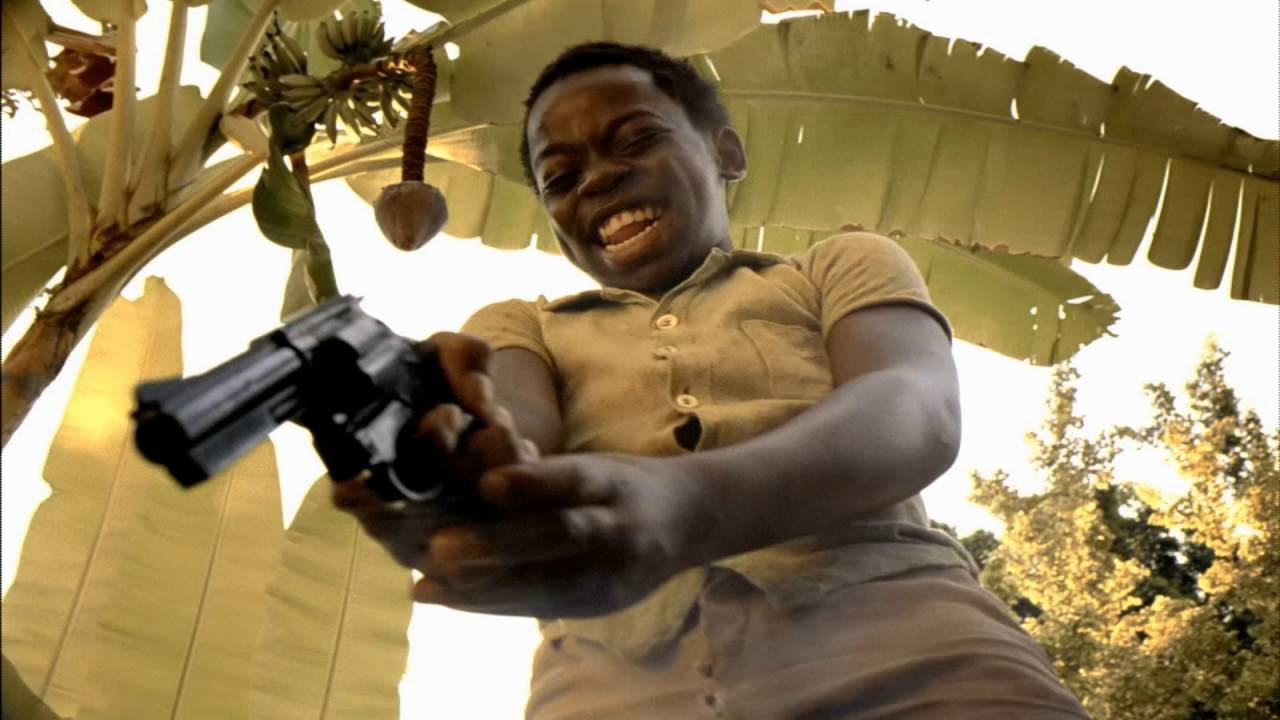
Rio De Janeiro is known far and wide for its Christ statues and carnivals. What it is not known for is the alarming rate of organized crime dwelling in its underbelly, making ‘City of God’ a remarkably distinctive film. Cidade de Deus (City of God), is a favela (ghetto) of Rio de Janeiro, and the setting of this film based on true events between the end of the 1960s and the beginning of the 1980s. The film recounts how two boys (Rocket and Lil Ze) growing up in a violent neighbourhood take different paths: one becomes a photographer, the other a drug dealer.
The film revolves around the eponymous favela, a horrifying area where drug dealers run the community, and where children killing children is not an uncommon occurrence. It offers an unflinching look at gang life in the City of God, as it follows the favela through three decades and shows how violence just spirals into more violence by illustrating the gory details in a frantic, relentless pace, mostly involving teenagers and children. ‘If only these people had more options…’ is the sentiment reinforced with every gruesome event. Hard-hitting in its delivery, ‘City of God’ shows you a Rio you might not be able to see even when you visit it yourself.
Read More: Best Narcissist Movies of All Time
2. Amélie (Paris)
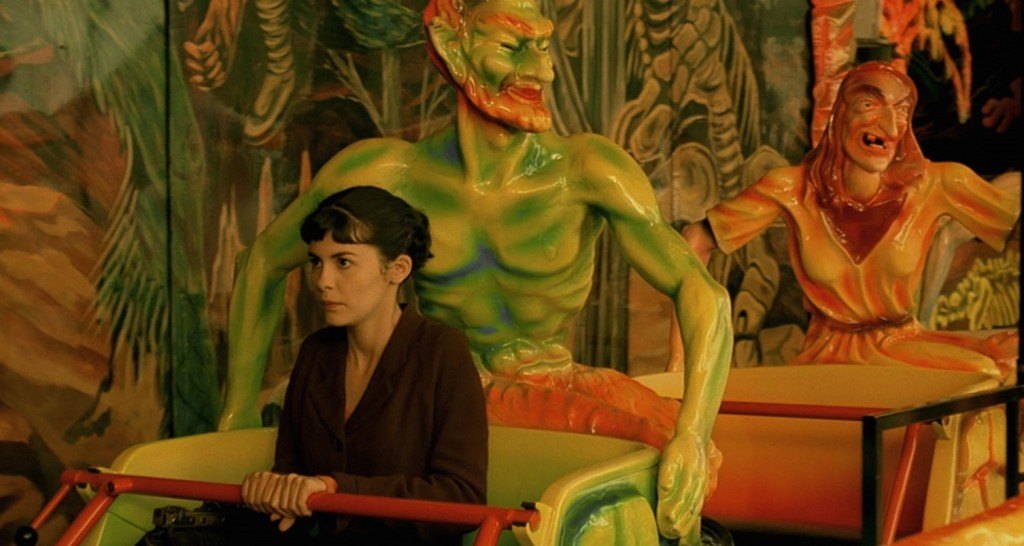
Hemingway once famously called Paris “A moveable feast”. And ‘Amélie’ is one film which imbibes the jolly, quirky vibe of the ‘City of Lights’ in a way so flawless it makes your heart melt. And so does the titular Amélie herself. Amélie is a shy waitress who makes it her purpose to help everyone around her in her own offbeatway. As Amelie roams around Paris, daydreaming, skimming stones and helping whoever she can, the viewer is treated with a peek into Paris which feels like one’s own hometown.
For instance, in a scene, Amélie escorts a blind man through a busy market street to the train station, while telling him things such as “In the bakery window there are lollipops. Smell that? They are giving free melon slices. And there’s sugarplum icecream!”, leaving him feeling jubilant as if he’d all this with his own eyes. And the viewer is left equally mesmerised as if he’d been present in the hullabaloo of the market street! ‘Amélie’ is the film which can make the greatest cynic a Francophile.
Read More: Best Movie Fight Scenes of All Time
1. Taxi Driver (New York City)
More than 40 years after its release, Taxi Driver remains One of the Greatest American Films Ever Made. And for reasons many more than one, but I won’t go on and on about De Niro’s brilliant, unstable portrayal of Travis Bickle or the memorable dialogue and score. I will gush, instead, about the genius that is Martin Scorsese and how he captures the hellish New York City of the 70s with sheer deftness.
The story revolves around De Niro’s Bickle, a Nam veteran who returns to New York after doing his time for the country, but is disgusted by the filth, decadence and sleaze he witnesses during his nightly cab rides, which pushes him into taking violent measures. And this is where Scorsese’s virtuoso genius strikes. He captures New York City before Guiliani cleaned it up, when Times Square was a haven for hookers and pimps, drug dealers and the homeless. An open sewer for the worst of humanity. So much so that at times even Travis’ violent, unhinged actions begin to seem justified. If ‘Manhattan’ is a doting love letter to NYC, ‘Taxi Driver’ is the reality check. Only New York city can have facets this diverse, thus being the only city to feature twice in our list. And no depiction of New York, or any city for that matter, is more vivid than this absolute classic.
Read More: Best Alien Movies of All Time

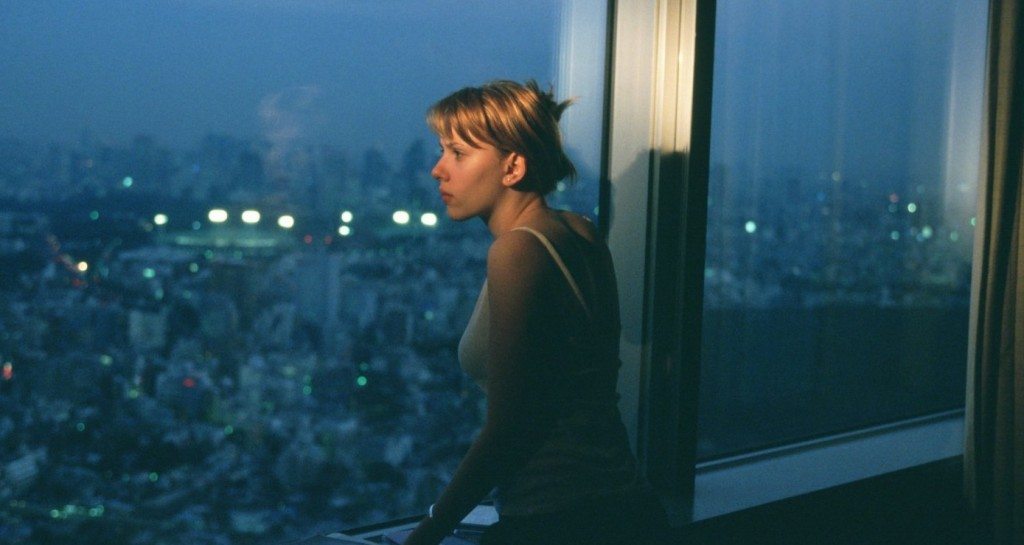
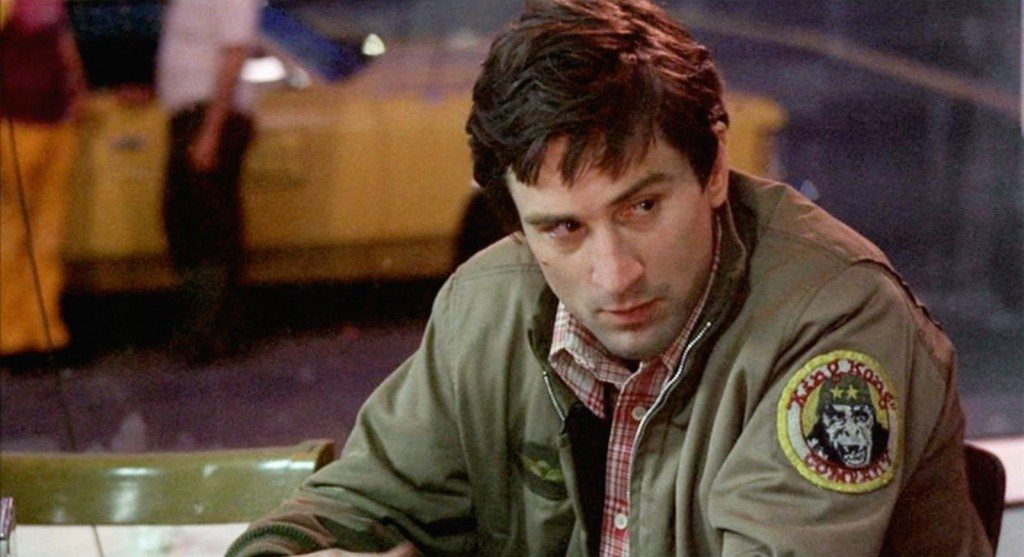
You must be logged in to post a comment.